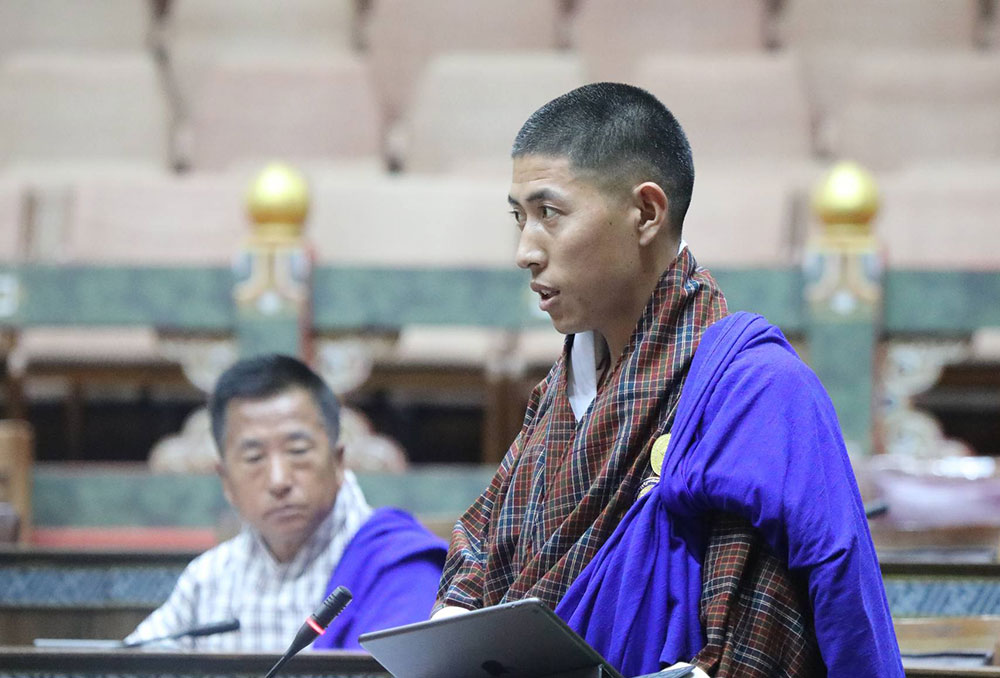
The Social and Cultural Committee of the National Assembly once again brought the issues caused by electric poles and transmission lines in the House, and urged the government to review policies to benefit those that are genuinely affected.
The Committee stated that farmers have been forced to sacrifice their lands and crops due to insufficient land compensation and replacement schemes.
The chairperson of the Social and Cultural Committee, Lhaba Lhaba, tabled the issue in the parliament after it was raised by several dzongkhag tshogdu.
The Committee recommended relocating high-tension electricity towers from densely populated areas to safer locations and urged the government to fund relocation, compensation and land replacement for private landowners where relocation is not feasible.
Lhaba highlighted the safety hazards posed by fallen electric poles to farmers, livestock, and community members, with a high risk of electrocution and accidents, especially in areas where children play or livestock graze.
“The falling of electricity poles and wires in farmlands disrupts agricultural activities, leading to crop damage and loss of income for farmers who depend on these lands for their livelihood,” he said.
Supporting the Committee’s recommendation, Lingukha-Toedwang MP Namgay Wangchuk pointed out that electricity becomes necessary for new government projects and institutions, causing transmission lines to run through private land.
He said that fenced electric poles reduce cultivable land and that the current compensation scheme is unclear, with some people receiving land replacement, some getting compensation, and others receiving no benefits.
Namgay Wangchuk added that transmission lines in wetland areas pose additional safety risks to farmers and argued that Bhutan Power Corporation (BPC) should take the initiative to shift poles or compensate farmers.
“BPC is a profit-making company and it can easily do the shifting work or pay the farmers for their service if they are involved in shifting work,” he said.
He also highlighted the lengthy bureaucratic procedures between different agencies, alleging a lack of responsibility.
“When landowners visit BPC, they are sent to the dzongkhag, and then the dzongkhag sends them to the land commission, creating a cycle,” he explained.
Gelephu MP Harka Singh Tamang said that the issue is widespread in rural areas, blaming the government, contractors, and people for not taking responsibility initially.
He criticised the government for failing to monitor work after tendering it to contractors, allowing contractors to exploit the situation by not following the designed map or initial survey.
Minister for Energy and Natural Resources (MoENR), Gem Tshering, acknowledged the issues and concerns and requested a year to study and address the problem under his leadership.
Speaker Lungten Dorji directed the Ministry to update the parliament on the progress of the discussion on issue in the winter session.












